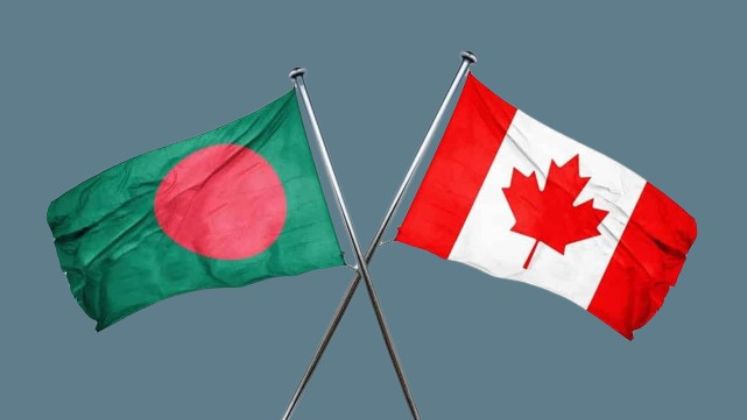
Canada has urged Bangladesh to align its labour laws with recommendations from the International Labour Organisation (ILO) to secure participation in the Canadian General Preferential Tariff (GPT) Plus scheme.
This action is essential for Bangladesh to continue enjoying zero-duty benefits even after graduating from its least developed country (LDC) status in 2026.
Recently, the Canadian Government announced an extension of the zero-duty benefit for Bangladesh’s exports to Canada until 2029, following a similar extension by the European Union (EU).
However, to maintain these zero-duty benefits beyond 2029 under the GPT Plus scheme, Bangladesh must meet specific criteria, including labour law reforms.
During a meeting at the Canadian High Commission in Dhaka, a delegation from the Canadian labour department suggested that the Bangladeshi government allow trade unions within factories located in Export Processing Zones (EPZs).
It’s worth noting that when EPZs were established in 1981, foreign investors provided funding on the condition that trade unions would not be permitted in EPZ factories to prevent labour unrest.
Presently, workers’ welfare associations operate in EPZ factories instead of trade unions.
BGMEA President Faruque Hassan, who attended the meeting, emphasised the government’s ongoing efforts to reform labour laws even as he mentioned that the reform process was already underway.
Additionally, the Canadian delegation inquired about the progress of the wage board, which was formed in April of the same year to review the salaries of over four million garment workers in Bangladesh.







